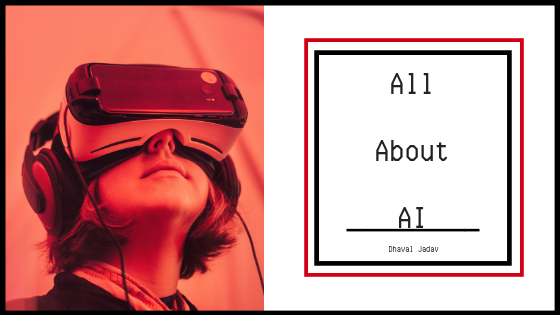When we think Artificial Intelligence (AI), we often think about movies and entertainment that we’ve seen over the years highlighting robots and talking computers. Although many of those films tend to be far fetched, recent AI developments have proven the concepts to be possible, and quite useful in our current and future society.
What is it
AI is a scientific technology that gives machines the ability to learn from different experiences, provide customizable and intelligent information, and perform human-like tasks. Though there is ample space for further developments and improvements, AI is making significant strides towards improving society with efficiency and accuracy. Surprisingly, the concept of AI has been around for more than 50 years, with the term artificial intelligence being coined in 1956. In fact, intelligent personal assistants have been in development since the early Millennium, years before Apple’s Siri or Amazon’s Alexa. Today, systems such as Siri or Alexa are household names that users interact with daily to find information, set reminders, or simply, to entertain. Additionally, industries such as healthcare, retail, and manufacturing are adopting AI technology into their everyday processes.
How it Works
The science behind AI is all based on the processing of data, information and intelligent algorithms; the software learns by understanding information and data patterns. The purpose is to create a software system that can engage in human interaction by using its data and information to accomplish different tasks and function in different situations. AI isn’t only limited to a system like Siri, however. Generally, AI is broken down to subfields that specialize in different areas of intelligence. Areas such as machine learning or natural language processing are subfields that contribute to the overall function of an AI system.
Why it’s Important
AI is not designed to make human function and work obsolete. Though many fear the idea of AI making a predominant presence in society, it’s developments are designed to improve our quality of life. Industries such as healthcare are utilizing AI technologies to improve the ability to detect and treat diseases in new ways. Specifically, in the field of radiology, AI is being used to interpret imaging (X-ray) results on a higher level with the ability to detect small changes that a human clinician could possibly miss. Such abilities can assist physicians when making diagnoses or developing treatment plans.
The concept of AI doesn’t move to decrease the human ability, but enhance it using intelligent technology systems.


Recent Comments